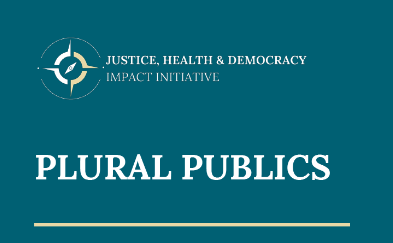
Commentary
Transparency is Insufficient: Lessons From Civic Technology for Anticorruption
Allen Lab Researcher David Riveros Garcia draws on his experience building civic technology to fight corruption in Paraguay to make the case that effective civic technology must include power and collective action in its design.






